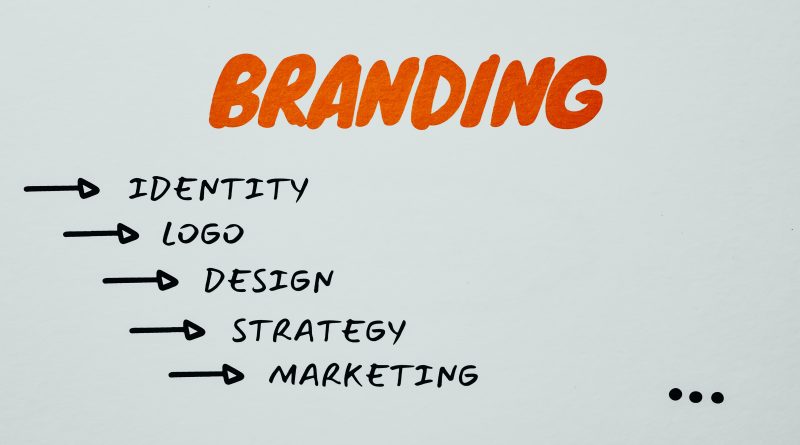7 Essential Reasons Every Business Needs a Branding Plan
When it comes to branding, there is only one important tool in your marketing plans: a proper branding plan. Not only does it guide your marketing efforts, but it helps you establish key objectives for your business. It’s often difficult to know what steps need to be taken when you have yet to develop a well-defined branding strategy from the beginning. Here are seven reasons why every business should develop and implement this important component for their company.
1. Creating a Distinct Brand Identity
Creating a brand identity for your company is what much of the branding plan is about. This often involves developing a logo and a standard color scheme for your business. You’ll also identify and decide which words you want to include in your tagline and other content-based marketing campaigns, such as having a catchy slogan that sets your business apart from the rest.
2. Verifying and Positioning a Brand
This process involves establishing the brand name and its value. It also involves evaluating the products or services of your company to determine their strengths and weaknesses, as well as where they can be improved upon. It’s crucial to enter this stage before marketing your products or services more broadly.
3. Creating an Overall Corporate Identity
Every business has a main focus, yet many still need to achieve a cohesive image that transcends their workers, customers, and suppliers. A branding plan helps you establish a visual identity for your company that all stakeholders enthusiastically accept. This can include employees, customers, and suppliers. Remember that your brand doesn’t have to be limited to your company name; it can also incorporate other things, such as your company logo, color scheme, etc.
4. Staying Relevant to Your Industry
Every business has a specific niche, and the branding plan is an invaluable tool to keep your company properly positioned within that niche. A well-defined brand can ensure that your customers know exactly what you provide and why they should purchase from you.
5. Engaging Your Audience
Creating a viable brand can help unite people who industries or demographic groups would otherwise separate. Communicating clearly with consumers about your products or services can help build a compelling bond that increases loyalty for years to come.
6. Allocation of Resources for Expanding Existing Products
By evaluating your brand’s strengths and weaknesses, you can determine if it’s time to expand your business or create a new product or service offering. This can help you make informed decisions about what types of products, services, or designs you should focus on as your business grows.
7. Providing Clarity in Your Marketing Efforts
The marketing plan shouldn’t be viewed separately from how the branding process plays out. Internally and externally, the company is able to offer clarity and transparency in its message to employees, potential customers, and existing suppliers. This can help you make strategic decisions about how to target your audience.
Whether you’re just starting or have been in business for a long time, a solid branding plan will clarify your marketing efforts and communications with both present and future potential customers.

